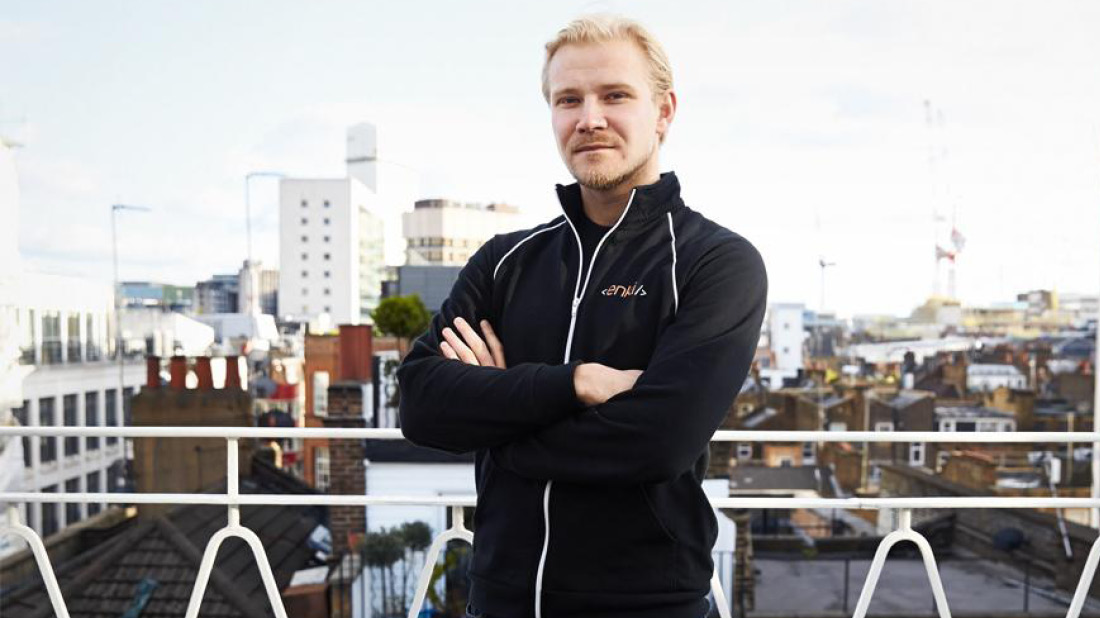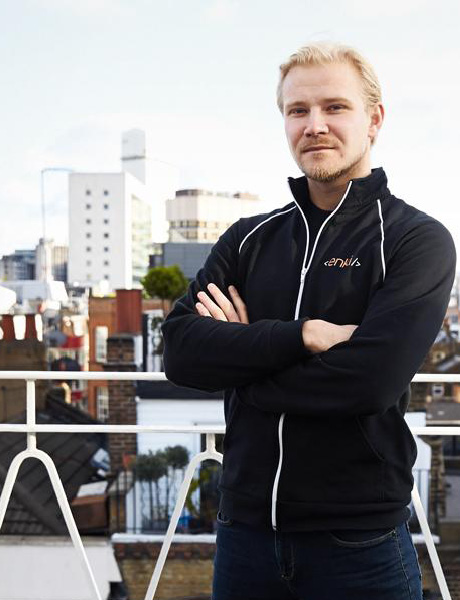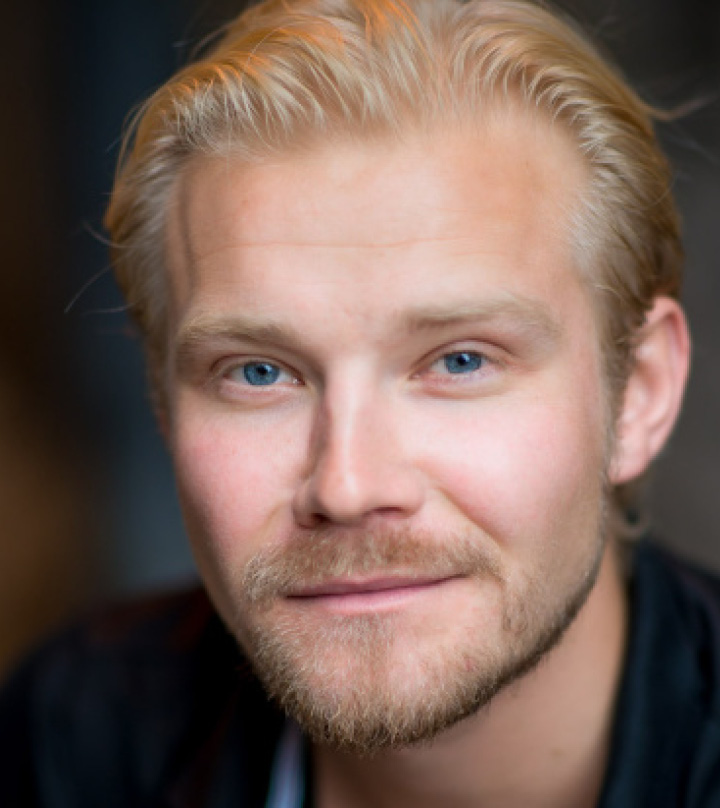


Kirill Makharinsky loves solving problems, and data is his weapon of choice. In his talk at TEDx Glion last November, the Founder and CEO of data training company, Enki.com, discussed the challenges faced by a new generation of nomadic workers and the opportunities for hospitality. We caught up with Kirill to find out more and explore the role data will play in empowering each business, and employee, to seize those opportunities.
In his TEDx talk, Kirill’s data showed how the hospitality industry has adapted to the pandemic, with airlines shifting to cargo and booking platforms focusing on longer stays as people choose to work remotely and travel. And it’s this shift to a new lifestyle, or the Big Switch, where Kirill believes hospitality has a huge opportunity.
“If I owned a boutique hotel, I’d be thinking how can I build a brand experience that offers real value both in terms of quality of life, but also in building genuine and useful social connections. Hotels don’t really do that at all right now.”

“The prime example of a hospitality business successfully adapting is Airbnb. They have shifted their strategy in the last 18 months to meet the generational shift of people who want to live, work and have experiences in places outside of where they have been living. As a result, their month-plus stays have doubled over the same period.”
Kirill Makharinsky
Prior to the pandemic, remote working and lifestyle trends had already begun to make a mark, and organizations such as Ctrip.com had even run experiments with teams working from home. The pandemic has undoubtedly accelerated these trends and the most responsive brands are already seeing the benefits of keeping up, as Kirill explains.
“The prime example of a hospitality business successfully adapting is Airbnb. They have shifted their strategy in the last 18 months to meet the generational shift of people who want to live, work and have experiences in places outside of where they have been living. As a result, their month-plus stays have doubled over the same period.
“Zeus Living is another example. They have a long-stay offering with a focus on corporate clients. If you’re Facebook and you have a whole bunch of interns coming to California, it offers a well-designed, convenient solution for them to stay somewhere for eight weeks. During the pandemic, they pivoted to focus on the digital nomad, and partnered with short term hospitality providers who were struggling to fill their occupancy.”
You can’t spell adapt without d.a.t.a.
For Kirill, whether you run a hotel, restaurant or jewellery brand, if you want to position your business successfully for the Big Switch, your goal should be to understand your customers as you would a best friend, and you can achieve this through data.
“If you approach your clients in this way, then you set your business up to collect and use data to fully understand their preferences and then offer things that they actually need. It enables you to serve them through a macro and micro approach. By macro I mean strategically – what we should do as a company, brand or hotel chain because now we know what a large percent of our customers are doing and what they will do in the future. And the micro aspect is, for example, we’ve got this nomadic worker, we really understand her, these are her travel preferences, and she’s aiming to work in the following cities next year, so it’s about how we can align with her specifically.”
Creating more top performers
Collecting the data and strategizing its use is essential, but for Kirill this is worth nothing without empowering all of your employees to access and use it. “Once you have the data, you then need to ensure everyone in your company who is potentially interacting with a customer can action the insights. This creates a huge net positive, because it adds transparency to the business, and through that transparency employees are able to not only come up with a lot more data-informed ideas, but also act on them faster.
“You’re essentially giving your staff superpowers and unleashing the potential for more genuine and productive conversations with clients.”

Empowering staff in this way is not exclusive to data-minded individuals or desk-based roles, it’s for everyone from concierge to house-keeping. You just have to focus on enablement rather than equipment. “It’s not a tooling or technology problem, it’s a people problem. How do you get your people to start a habit of using data? For example, if you have a marking or operations person, how do you get them performing optimally through something that wasn’t part of their original job spec? It takes the right kind of guidance and this is what we help companies with at Enki.
“The best performers in any company have one thing in common: they have really strong data analysis skills. They do something and they measure how that thing went, then they use that data to see how it could improve. After that, they build the argument to get others on their team to help them to do that thing even better. What makes them a top performer is how effectively they do that cycle – and we help everyone in a team do that cycle better. Our clients think of us as a top performer factory.”
Hospitality, this is your wake up call
Hospitality businesses certainly didn’t need a pandemic to help them see change was coming, but maybe they needed to be thrown out of their comfort zone in order to understand the opportunities. It’s clear the industry is perfectly placed to meet the needs of an increasingly nomadic global workforce, and it’s exciting to consider what experiences the hospitality mindset will make possible for this adventure-driven audience. Whatever they may be, people will be at the centre of making it happen, even in the age of big data and big switches.
- To discover more about Enki, visit the website
Photo credits
Data overlay: Weiquan Lin/Getty
Master your future
Hospitality, luxury, finance, real estate, innovation, entrepreneurship… whatever your career ambitions, we have a Master’s that will help you achieve them.
















